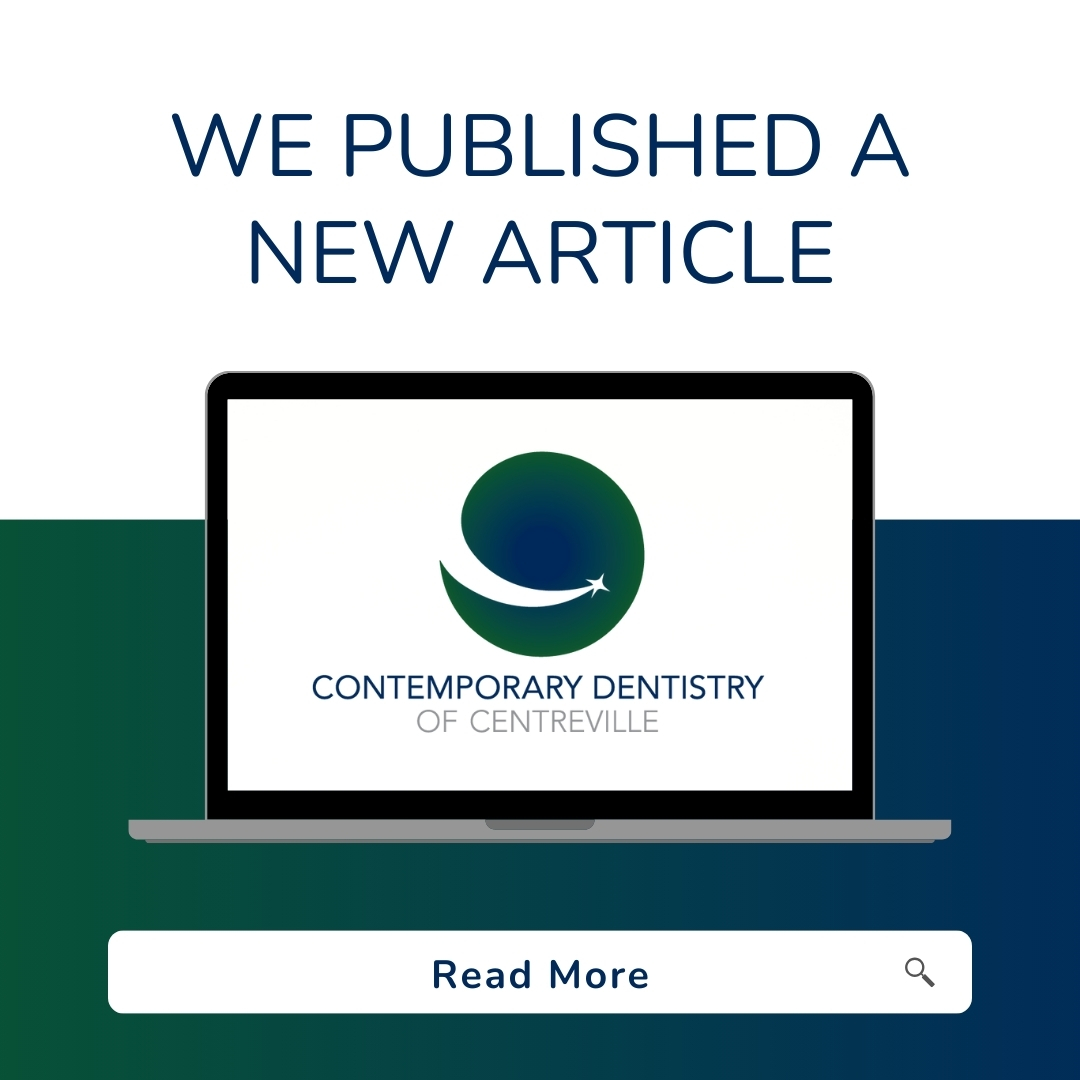
IS YOUR SMILE AS WHITE as it used to be? Even good oral hygiene won’t prevent tooth discoloration forever. While daily brushing and flossing help keep your teeth clean and healthy, it’s normal to feel like your smile is lacking some sparkle as you get older. If you’re looking to bring that sparkle back, cosmetic tooth whitening may be the answer!
Teeth Change Color Over Time
Here are some reasons our teeth may be a bit more discolored than we’d like:
- Food and Drink: Coffee, tea, red wine, and cola are all drinks with strong color pigments that easily attach to enamel, the outer part of the tooth.
- Age: Over time, tooth enamel gets thinner, allowing the more yellow dentin to show through.
- Tobacco Use: The tar in tobacco is naturally dark, and nicotine, when mixed with oxygen in the air, turns into a yellow surface-staining substance.
Tooth Whitening Is A Simple Process
Whitening agents use hydrogen peroxide in one form or another to brighten your smile. Hydrogen peroxide acts as a strong bleaching agent that breaks up deep stains into smaller pieces, making the color less concentrated and your teeth brighter. It’s that simple!
There Are Whitening Options For Everyone
In-office bleaching is done at the dentist’s office and is a fast, effective way to whiten your teeth. You can usually get your whitening done in one to three visits, depending on the method used and the severity of tooth discoloration.
When you come in to get your teeth whitened, a substance is applied to cover and protect your gums. The whitening gel is then applied directly to the tooth surface. This gel is then activated, usually by a laser light, enhancing the action of the whitening agent. These professional tools produce the fastest tooth-whitening results.
At-home bleaching is another option! Many use at-home whitening kits to supplement their in-office whitening treatments. Ask us about our at-home whitening kits after your in-office whitening procedure to keep your newly white smile sparkling!
Over-the-counter whitening kits are also widely available for home use. These provide trays to hold whitening gel or whitening strips that stick to your teeth. Over-the-counter products contain a weaker whitening agent than the products you can get from your dentist and as a result, require a longer treatment period. Feel free to reach out to us with any questions when using at-home products and always follow package directions.
Whitening toothpaste is another simple option for those who want a whiter smile! Whitening toothpastes contain abrasives that remove stains on the enamel, helping your teeth stay clean and bright.
Put The Shine Back In Your Smile!
Whitening procedures are a fast and simple way to boost your confidence and brighten your smile. And getting that white, sparkly smile you’ve always wanted has never been easier. Give us a call or stop by. We’d love to discuss what whitening options would be best for you and your teeth!















